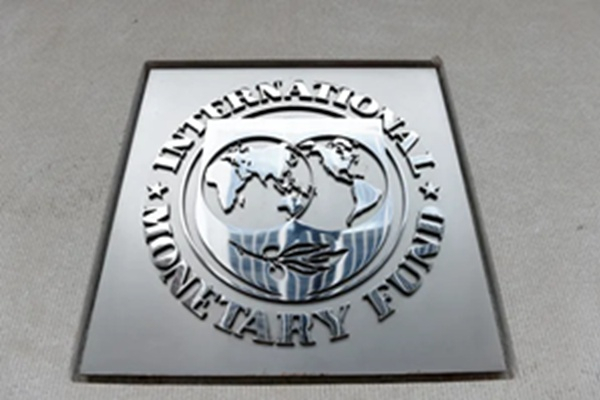After its Council of Ministers of February 7th, the Democratic Republic of Congo (DRC) unveiled its strategy for mobilizing resources to address the conflict in the east. The fight between the Congolese army, M23 rebels, and Rwandan troops recently escalated.
The rebels presently occupy key cities such as Goma, the capital of North Kivu, and are advancing toward Bukavu, the capital of South Kivu. The Congolese government reports that over 3,000 people have been killed and thousands more wounded since the offensive began.
To finance the war effort, the government intends to tap into budgetary support from its existing program with the International Monetary Fund (IMF). The amount, undisclosed at the moment, "could be allocated to social investments with a direct impact on the military and their dependents," according to the Council’s' minutes.
The plan is to present this proposal to the IMF mission, which is expected to arrive this month. On January 15, 2025, the IMF Executive Board approved a 38-month program combining the Extended Credit Facility (ECF) and the Resilience and Sustainability Facility (RSF), totaling $2.8 billion. This program aims to bolster macroeconomic stability, improve governance, and enhance the country's resilience to climate-related challenges. Kinshasa now faces the challenge of convincing the IMF that social investments benefiting the military and their families align with the program's broader objectives.
In his address to the nation on January 29, President Félix-Antoine Tshisekedi appealed to all economic sectors to contribute to the war effort. After the recent Council, it was revealed that dedicated bank accounts and a digital platform (www.solidariteest.com) have been set up to ease fundraising.
A special bonus for military and police personnel
Echoing the President's call, the Fédération des Entreprises du Congo (FEC) suggested setting up a fund to aid areas affected by the conflict, in addition to the contribution of one million dollars for the DRC Armed Forces (FARDC) from the state-owned Office de Gestion du Freight Multimodal (OGFREM).
According to the Council’s minutes, semi-public companies are also prepared to contribute through dividend advances. The document added that the Ministers for Telecommunications and Oil and Gas are tasked with proposing mechanisms to enable these sectors to participate in the war effort.
During the Council, the government adopted measures to cut institutional overheads and suspend certain public expenditures. Without specifying the exact amount, the government said it would mostly use the funds to increase the earnings of military, police, and security personnel and grant a special bonus to the FARDC, the Police, and other security services, starting this month.
This article was initially published in French by Pierre Mukoko
Edited in English by Ola Schad Akinocho










